It would seem that what could be easier than making a compost heap at your dacha? Throw food waste together and you get excellent fertilizer. There is some truth in this reasoning: creating compost is not a difficult task, even inexperienced gardeners can cope with it. However, there are several mistakes that can ruin your idea.
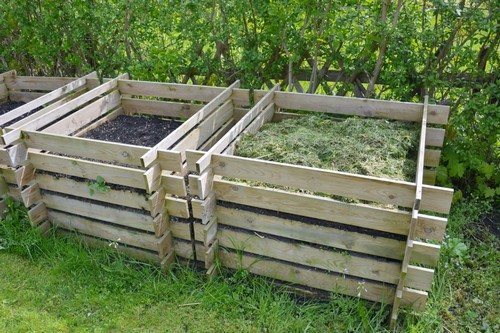
Monotony
It is clear that the main value of a compost heap lies in its richness in nutrients, microelements and microorganisms. This richness of compost is the result of the decomposition of various wastes that fill the container. If you constantly collect the same products, for example, only peeling vegetables, then the resulting humus will not boast an abundance of various substances and is unlikely to benefit the country garden.
To avoid repeating this mistake, just don’t be lazy and throw literally all the food waste that appears in your kitchen into a pile.
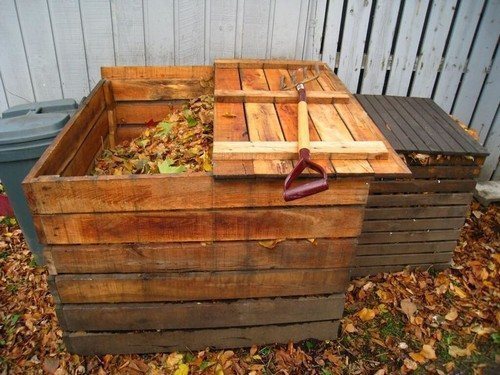
Pieces too small
Gardeners often think that grinding the components will speed up the process and improve the quality of the compost. But this is only partly true. Smaller pieces might decompose more quickly, but over time they will become compacted and the air needed to decompose organic waste cannot reach deeper into the pile. The best thing that can be recommended to solve this problem is: do not specifically grind small-sized products (peelings, spoiled vegetables and fruits) and try to mix larger waste well with small ones.
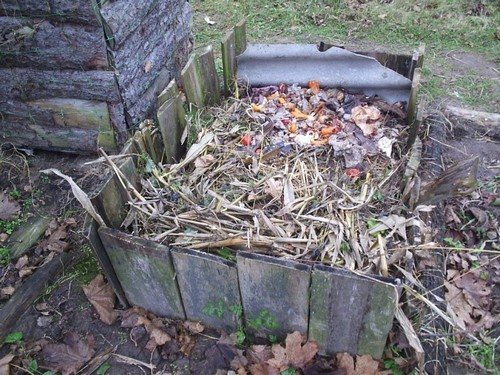
No dry leaves
Dry leaves, which are often burned or thrown away in the fall, are the most important ingredient in compost. They differ from a number of other products in that they almost do not increase the humidity of the heap and make it loose, improving oxygen access to the internal layers. That is why experienced summer residents always advise pouring at least a few leaves on top of a small amount of wet waste, thereby preventing the material from caking. The role of leaves is so important that in their absence, gardeners try to look for a replacement for them, for example, using straw instead of fallen leaves.
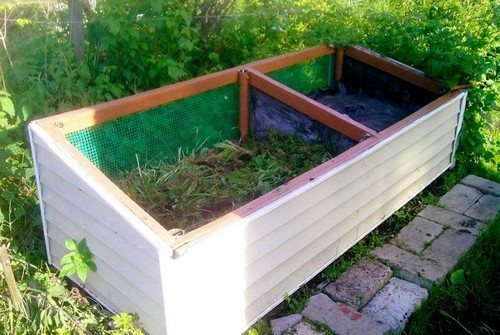
Too much fresh grass
The opposite problem is the excess of wet, freshly cut grass in the compost. As already mentioned, wet small elements do not allow the compost to “breathe”; they only slow down fermentation. If you really want to add grass to the pile, it will be useful to mix it with dry leaves or straw before doing so.
The compost bin is always open
In order for decomposition to occur properly, the heap must maintain high humidity. If you do not cover the compost with anything, the products will dry out and decomposition will stop. In addition, a closed container will help prevent unpleasant odors.
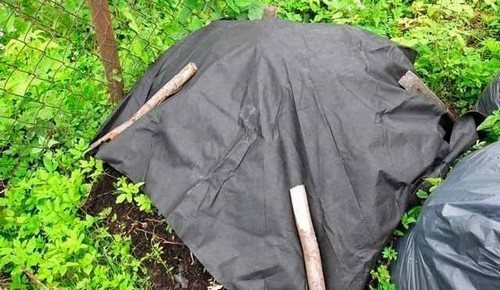
Incorrect use
If you notice that the resulting fertilizer does not benefit the plants, or even harms them, do not rush to think that the compost was made poorly. Most likely, you overfed your plantings. The soil from a compost heap contains a very high concentration of mineral salts, which in large quantities are harmful to plants.Therefore, it is recommended to dilute compost with water in a ratio of 1:2.


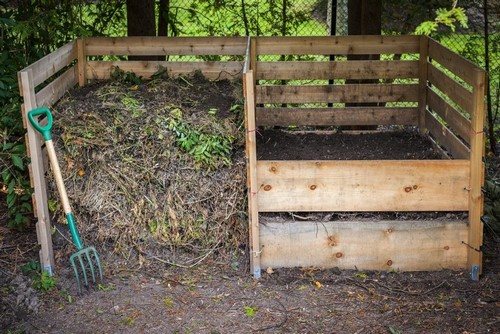
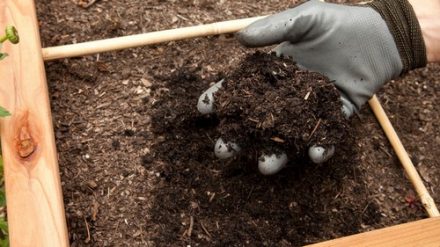
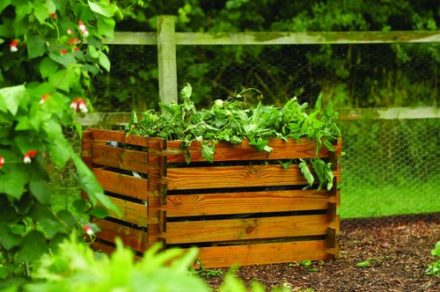
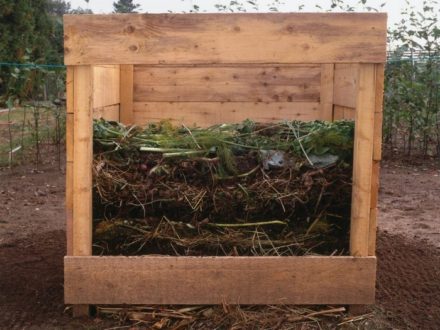
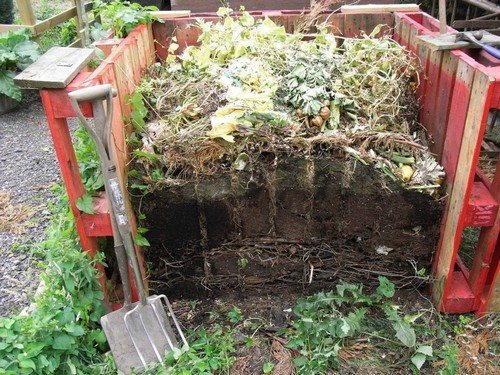
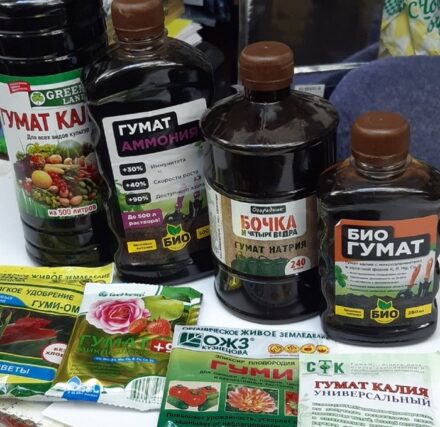
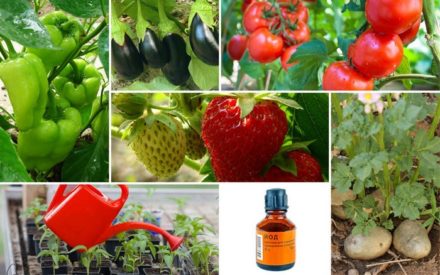
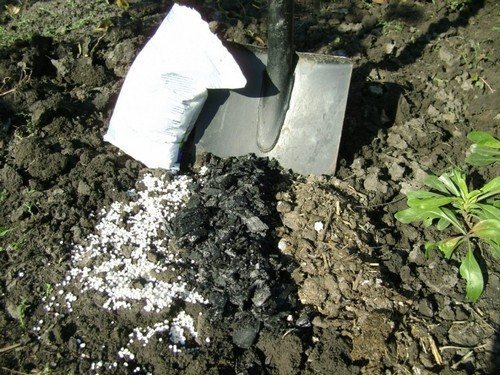
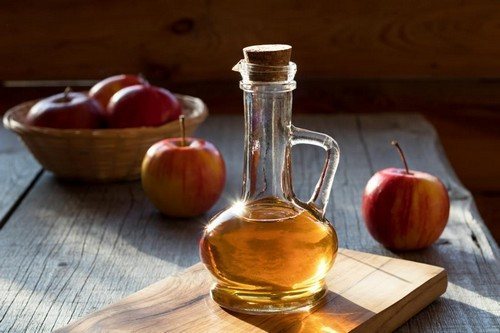
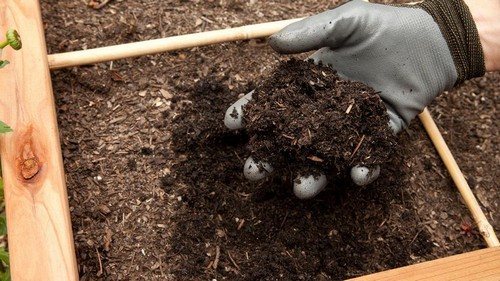

Anyone who wrote a comment about compost has an idea about it from one-time visits to someone else’s dacha. The phrase “stir periodically” is especially impressive. This is how all summer residents imagine a wretched pile in the toilet area. But in fact, a compost pit with proper construction and care will turn even poor soil into fertile soil.
Dilute compost with water... Well, well, dislike for the author!
Brad!
I don’t bother: I put the mowed grass in a pile, water it with a solution of bacteria, cover it with film - by October the compost is like fertilizer from a barn.
Post for the sake of post. Zero useful information.
That’s right, I watered it with herbal infusion, and since spring and nettles in the old days they said you can’t spoil porridge with oil